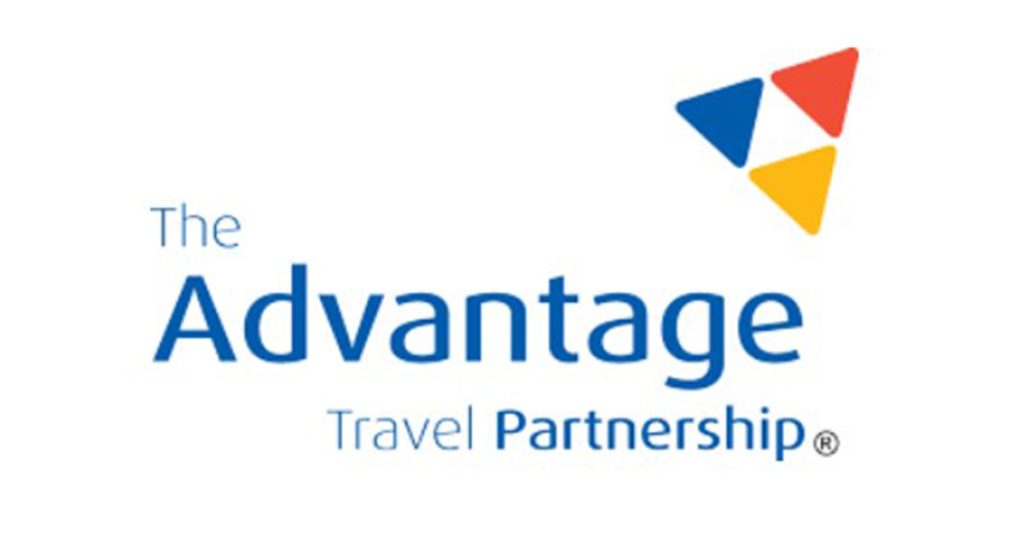In the aftermath of the Covid-19 pandemic, many travel agents continue to face significant financial challenges. A recent survey reveals that a substantial portion of these businesses are still dealing with debts incurred during this period.
Despite the recovery in travel demand, the impact of high interest rates and delayed revenue from bookings present ongoing hurdles. Agents are looking for strategic ways to manage these difficulties.
Persistent Financial Challenges for Travel Agents
A recent survey conducted among members of The Advantage Travel Partnership has revealed that nearly half of the agents are still struggling with debts accrued during the Covid-19 pandemic. Despite a promising recovery in the travel industry, 44% of respondents confirmed they are still paying off these Covid-related financial obligations, highlighting lingering financial burdens that continue to shadow their operations.
In addition to debt repayment, the burden of increasing interest rates is also placing significant pressure on the industry. Almost 30% of Advantage’s members indicated that high interest rates are adversely affecting their businesses. This financial strain is exacerbated by the current base rate of 5.25%, a sharp increase from just 0.25% noted in December 2021.
Impact of Interest Rates and Cash Flow Challenges
The rise in interest rates has emerged as a critical issue for travel agents within the consortium. Since agents typically receive commission only after clients complete their travels, this delayed revenue stream intensifies cash flow difficulties, pushing many to seek alternative financial strategies to sustain day-to-day operations.
In light of these challenges, there is an ongoing discussion regarding potential Treasury policies. One such proposal under consideration is the possibility of increasing Air Passenger Duty for business class travellers, potentially generating significant revenue to support economic recovery.
Broader Challenges and Strategic Investments
In addition to financial pressures, agents are contending with broader industry challenges, including staff recruitment and retention, wage increases, and the implications of the ongoing cost of living crisis. These factors contribute to an environment of uncertainty as agents navigate the unpredictable market.
Recruitment remains a particular focus, with many agents citing the availability of skilled personnel as a crucial barrier to growth. Meanwhile, plans for strategic investments remain a priority. Almost a quarter of agents are looking to bolster their workforce, while others are exploring advancements in online booking tools and expanding into new locations.
Such investments are essential for future-proofing businesses, ensuring resilience in an ever-evolving travel landscape that continues to present both opportunities and challenges.
Industry Advocacy and Government Support
The Advantage Travel Partnership is actively involved in advocacy, urging the UK government to provide necessary support to the travel sector. Through its collaboration with entities like The Specialist Travel Association and The Association of Bonded Travel Organisers Trust, the consortium is voicing the needs of agents in urgent policy discussions.
Key requests from the group include a reduction in business rates and targeted financial support for struggling travel business owners who took out loans during the pandemic. This advocacy underscores the critical role government support must play in aiding recovery and sustaining the UK’s vital travel industry.
Positive Outlook and Opportunities for Growth
Despite the prevailing challenges, many agencies maintain a positive outlook, with plans to invest in growth and innovation. A notable 24% of respondents are prioritising investment in human resources, and 12% are planning enhancements in their online capabilities to better cater to changing consumer preferences.
Evidently, agents are keen on leveraging new opportunities for expansion. This includes opening new trading locations, a strategy pursued by 7% of agents aiming to capture a larger market share. Collectively, these initiatives reflect a determination to evolve and thrive in the current climate, steering towards a sustainable future.
Such optimism is backed by evidence that international travel contributes considerably to the UK economy, with consumers spending an average of £200 additionally per person domestically before travelling overseas, and the sector contributing an annual £80 billion.
Comments from Industry Leaders
Julia Lo Bue-Said, chief executive of The Advantage Travel Partnership, emphasised the importance of government intervention, stating, “The UK outbound travel industry remains a key contributor to both local and national economy.” Her remarks highlight the pressing need for continued government support as agents strive to overcome economic and geopolitical obstacles.
Bue-Said further noted how crucial it is for members to receive governmental aid, ensuring the travel sector can prosper in light of ongoing adversities, thereby assuring that investments in growth are not only planned but executed effectively.
The journey to financial stability for travel agents remains fraught with challenges, yet the industry’s resilience and strategic investments offer hope. As agents continue to tackle these issues, government support could play a pivotal role in ensuring their recovery and future growth.

